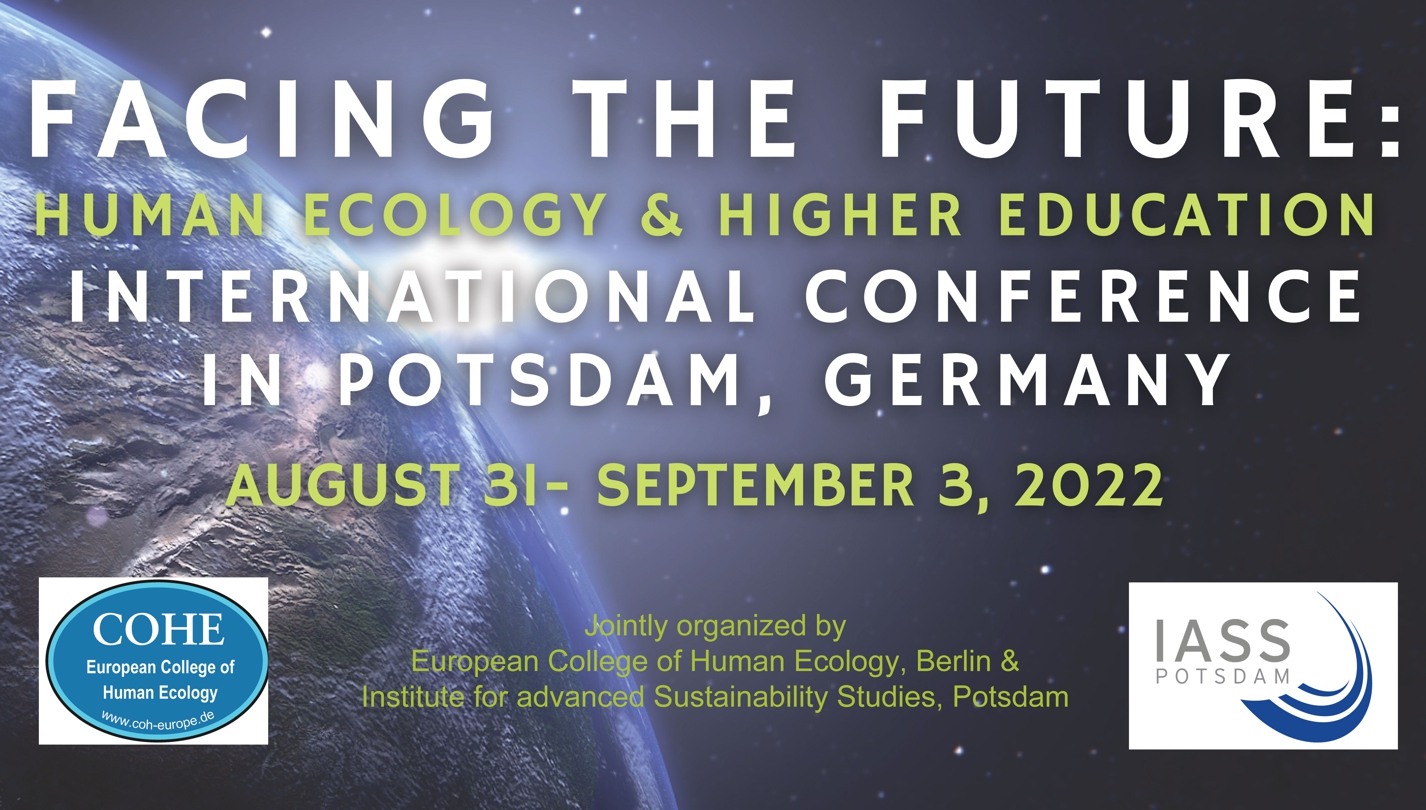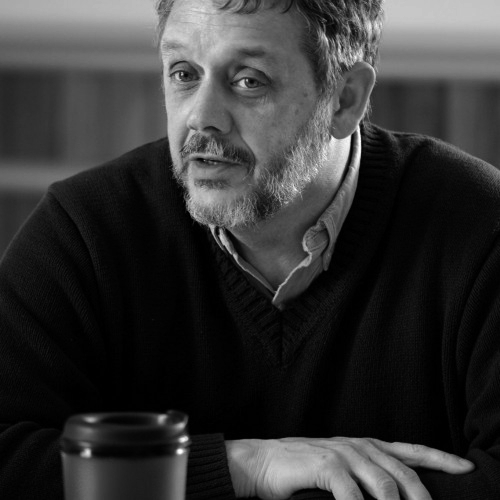- Kategorie: Uncategorised
- Geschrieben von Super User
- Zugriffe: 7551
Keynote Sprecher*in 2022
|
||
Keynote Sprecher*innen 2022 |
||
Ernst Ulrich von Weizsäcker |
||
|
|
Dr. Ernst Ulrich von Weizsäcker, born 1939, Honorary-President of the Club of Rome, Web: www.ernst.weizsaecker.de Earlier stations: Professor of Biology, University President, Director UN Centre for Science and Technology for Development, New York, Director, Institute for European Environmental Policy, President, Wuppertal Institute for Climate, Environment, Energy. 1998-2005 MP, Germany, Chair of the Bundestag Environment Committee. Dean, Bren School for Environmental Science and Management, UC Santa Barbara, California. Publications: 1994 Earth Politics. 1997 Factor Four (w/ A & H Lovins). 2010, Factor Five (w/ K. Hargroves et al). |
|
Rich Borden |
||
|
|
Richard J. Borden is emeritus professor at the College of the Atlantic in Bar Harbor, Maine where he held the Rachel Carson Chair in Human Ecology, taught courses in psychology, community planning, and the history and philosophy of human ecology, and served as COA’s academic dean for twenty years. Before COA, Rich was on the faculty at Purdue University and The Ohio State University. He is past-president and former executive director of the Society for Human Ecology (SHE), and a founding member of the human ecology section of the Ecological Society of America (ESA). He is author of Ecology and Experience: Reflections from a Human Ecological Perspective and has published several other volumes as well as numerous research reports, journal articles, and essays. Rich has served as a USIA academic specialist in the area of human ecology and as an interdisciplinary program consultant in China, Russia and elsewhere in Europe and in North and South America. In addition to his passion for networking human ecology worldwide, Rich also enjoys the domestic pleasures of cooking, carpentry, traditional music and sailing on the Maine coast. | |
Lene Rachel Andersen |
||
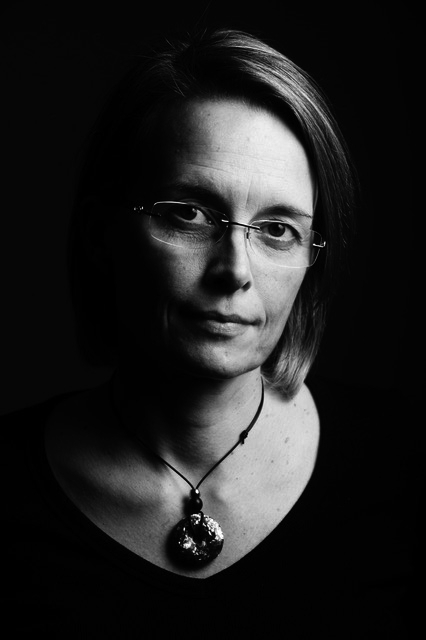 |
Lene Rachel Andersen is an economist, author, futurist, Bildung activist, and a full member of the Club of Rome. After studying business economy for three years, she worked as a temp teacher before she studied theology. During her studies, she wrote entertainment for Danish television until she decided to quit theology, become a full-time writer, and focus on technological development, big history, and the future of humanity. Since 2005, Andersen has written 20 books and she has received two Danish democracy awards. Among her books are The Nordic Secret (2017), Metamodernity (2019), Bildung: Keep Growing! (2020), and What is Bildung? (2021). |
|
Jenny Amparo |
||
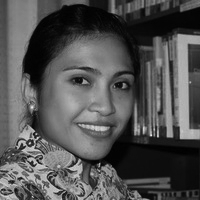 |
Jennifer Amparo is an Associate Professor at the College of Human Ecology and currently the Assistant to the Vice-Chancellor for Administration at the University of the Philippines Los Banos. She finished her Ph.D. at the Fenner School of Environment and Society at the Australian National University and as an Australia Awards Scholar. She is currently active in international networks working with Inclusive Smart Cities for the Asia Pacific Mayor's Academy, as part of the Steering Committee of the APRU Sustainable Cities and Landscapes, and is a member of the Society for Human Ecology. Her current research interest is in the application of systems thinking in understanding human-environment interactions (1) for sustainable smallholder food production systems like fisheries and fish farming, and (2) issues on health-pollution-development. |
|
Thomas Schmaus |
||
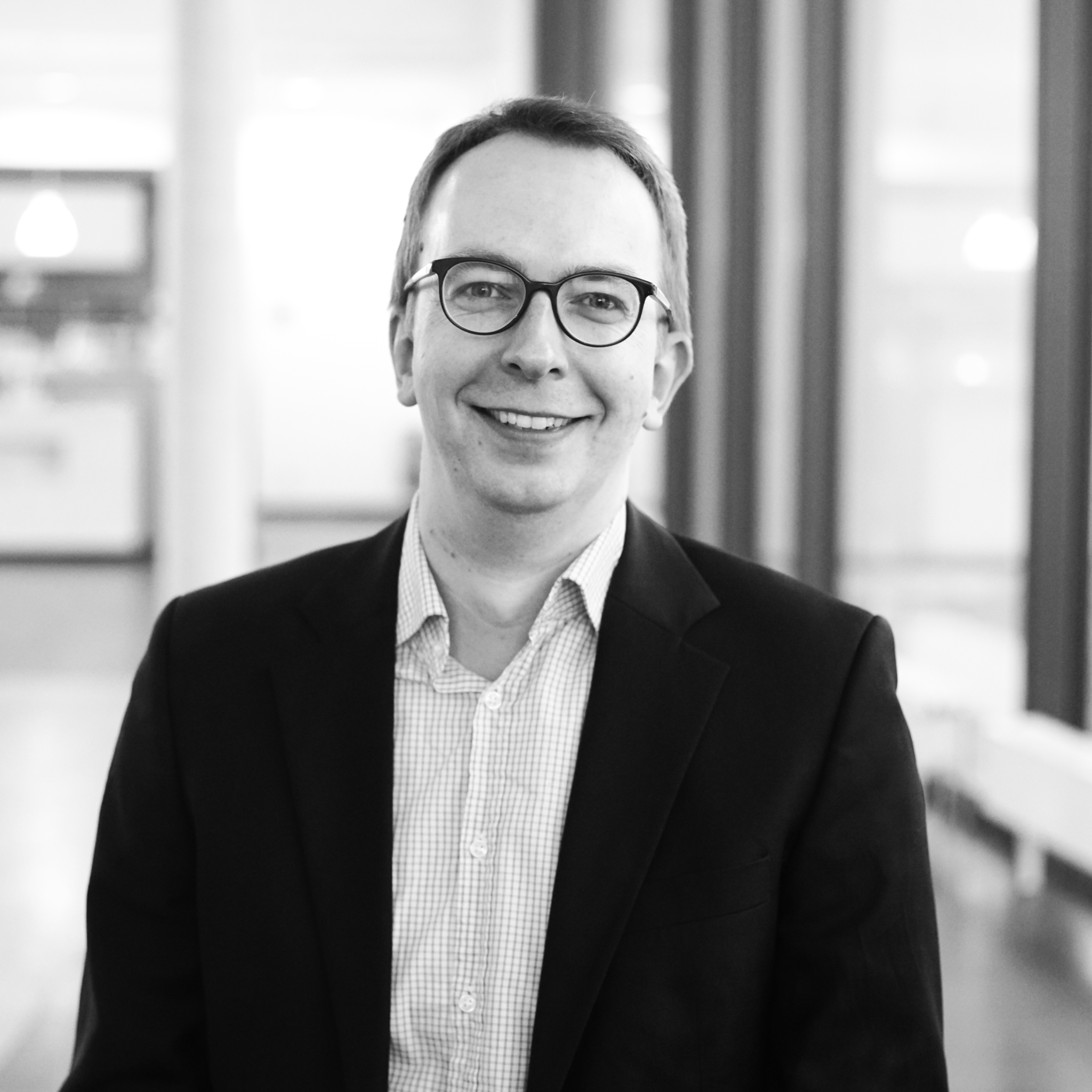 |
Thomas Schmaus is a Professor of Philosophy at Alanus University in Alfter/Bonn. He studied Philosophy and Theology in Munich and Vienna and was graduated at the Munich school of Philosophy with a study on the philosophy of flow experience. After several years as a research assistant, he became Junior Professor and in 2018 Professor of Philosophical Anthropolgy at Alanus University of Arts and Social Sciences. In the last seven years he was Head of the Institute for Philosophy and Aesthetics. During this time he was responsible for the Studium Generale and co-created the B.A. Program "Philosophy, Arts and Social Entrepreneurship". His research and teaching focus on human-nature relations (anthropocene, anthropo- and ecocentrism, resonance and alienation, urban gardening) and human-technology relations (digitisation, trans- and posthumanism). |
|
Johan Rockström |
||
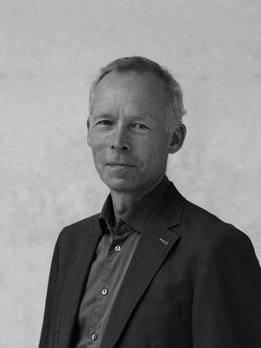 |
Johan Rockström is an internationally recognized scientist on global sustainability issues. He led the development of the Planetary Boundaries framework for human development in the current era of rapid global change. He is a leading scientist on global water resources, with more than 25 years of experience in applied water research in tropical regions, and more than 150 research publications in fields ranging from applied land and water management to global sustainability. In addition to his research endeavors, which have been widely used to guide policy, Rockström is active as a consultant for several governments and business networks. He also acts as an advisor for sustainable development issues at international meetings including the World Economic Forum, the United Nations Sustainable Development Solutions Network (SDSN), and the United Nations Framework Convention on Climate Change Conferences (UNFCCC). Professor Rockström chairs the advisory board for the EAT Foundation and the Earth League and has been appointed as chair of the Earth Commission. . |
|
Ortwin Renn |
||
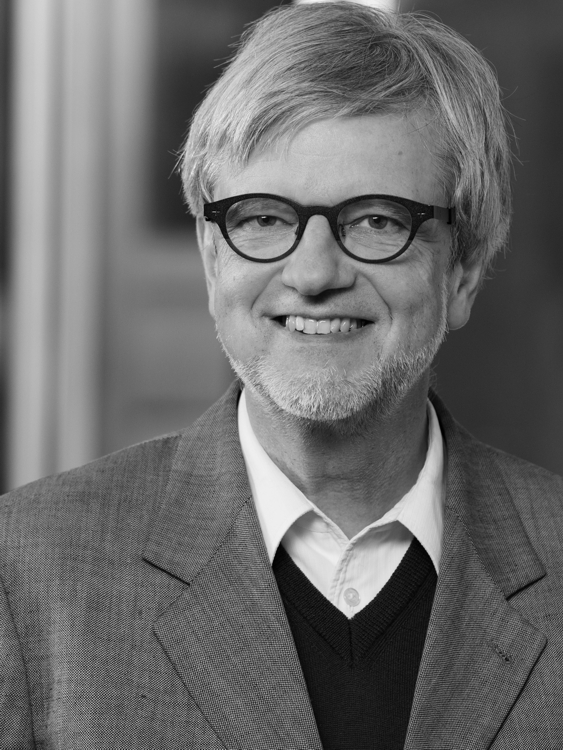 (c) IASS, Lotte Ostermann |
Ortwin Renn is Scientific Director at the Institute for Transformative Sustainability Research (Institute for Advanced Sustainability Studies, IASS) in Potsdam and Professor of Environmental and Sociology of Technology at the University of Stuttgart. He also heads the DIALOGIK research institute. His main research fields are risk analysis (governance, perception and communication), theory and practice of citizen participation in public projects, transformation research as well as social and technical change towards sustainable development. | |
Wolfgang H. Serbser |
||
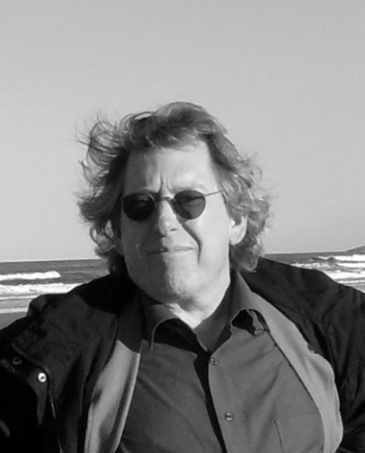 |
Born in 1954 Wolfgang has studied fine arts at the University of Kassel, continued with sociology, politics, psychology and law at the Freie Universitaet Berlin. Graduated 1979 as Dipl. soz. at the Freie Universitaet Berlin. Doctor in philosophy at the Technische Universitaet Berlin in 1997. Research fellow and assistant lecturer at the Technische Universitaet Hamburg-Harburg, the Technische Universitaet Dortmund and the Technische Universitaet Berlin in general sociology and in urban, rural and environmental sociology. Assistant professor for sociology and human ecology at Brandenburg University of Technology Cottbus. Since 2006 owner of a project and science consulting agency ProWB in Berlin. Since 2017 he is managing director and academic dean of the European College of Human Ecology. From 2000 to 2017 he was treasurer and member of the executive board of the German society for Human Ecology. In 2004 Charter member of the Council for European Urbanism and member of the executive board of the homonymous German section since then. Since 2006 member of the board at large of the Society for Human Ecology. Current main research topics are Human Ecology in the Chicago Tradition, New Curricula for Human Ecology Higher Education, Transdisciplinary Research, Urbanity and Human Ecology and Bread & Peace @ Climate Change. |
|
Dieter Steiner |
||
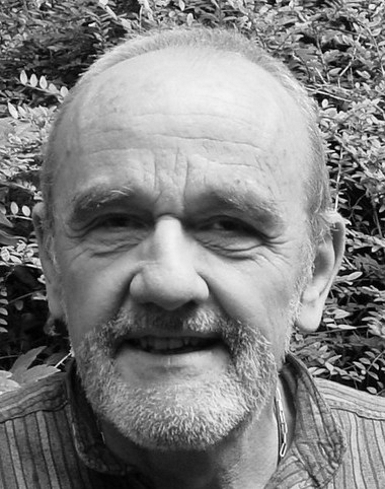 |
Born 1932. Studies at the University of Zurich with a major in geography and minors in geology, biology and mathematics. Ph.D. 1960. Specialization in remote sensing, later in quantitative methods (statistics mainly). Held positions at the University of Chicago, the University of Zurich and the University of Waterloo (Ontario, Canada). Chair of quantitative geography at the Swiss Federal Institute of Technology (ETH) in Zurich from 1975 until the retirement in 1998. Founded a group of human ecology in 1985 that did interdisciplinary research, looking at the human-environment problem from a social sciences and humanities perspective, and taught courses within the environmental sciences curriculum. Editor or co-editor of three books on human ecological topics and author of biographies of John Muir and Rachel Carson. Member of the Committee for a European College of Human Ecology of the German Society for Human Ecology (DGH). Personal website (in German): www.humanecology.ch |
|

